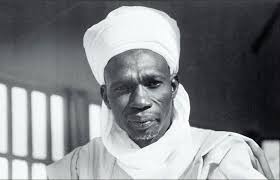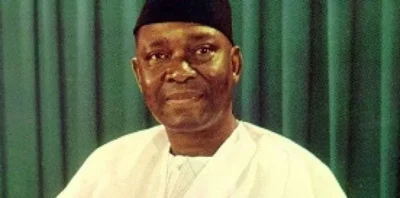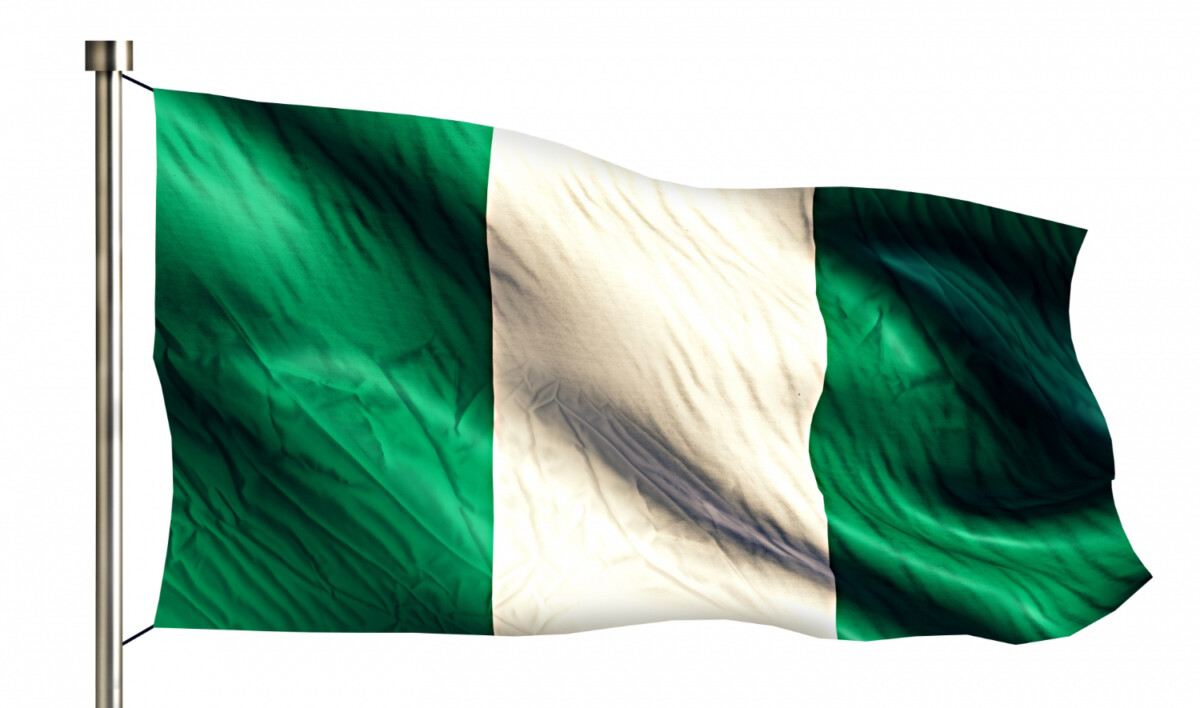Nigeria’s Independence Day, celebrated annually on October 1st, is a significant milestone in the nation’s history. It marks the day when Nigeria gained independence from British colonial rule in 1960. This monumental event shaped Nigeria’s political, social, and economic trajectory, transforming it into Africa’s most populous nation and one of the continent’s most influential countries. Below are key facts about Nigeria’s independence that highlight its importance and legacy.
- The Road to Independence
Before Nigeria’s independence, the country was a British colony. British influence in the region began in the late 19th century, culminating in the formal establishment of the Colony and Protectorate of Nigeria in 1914 under Governor Frederick Lugard. For decades, Nigerians fought for self-determination, with various nationalist movements emerging in the early 20th century. Key figures such as Nnamdi Azikiwe, Obafemi Awolowo, and Ahmadu Bello played critical roles in advocating for independence through political activism, forming political parties, and raising public awareness.

- Nigeria’s First Prime Minister
When Nigeria gained independence on October 1, 1960, the country adopted a parliamentary system of government. Sir Abubakar Tafawa Balewa became the country’s first Prime Minister. He was a key political leader from Northern Nigeria and led the country through its early years as a newly independent state. Balewa’s leadership was instrumental in managing Nigeria’s diverse regions and ethnic groups during its transition to independence.

- Nnamdi Azikiwe: Nigeria’s First President
Nnamdi Azikiwe, one of Nigeria’s foremost nationalists, became the country’s first president in 1963 when Nigeria declared itself a republic. Known as “Zik of Africa,” Azikiwe was a strong advocate for independence and Pan-Africanism. He was a central figure in Nigeria’s independence movement and was a founding member of Nigeria’s first political party, the National Council of Nigeria and the Cameroons (NCNC).

- Independence Without Bloodshed
Unlike many other African nations that experienced violent struggles for independence, Nigeria’s journey to freedom was relatively peaceful. The British government, under pressure from Nigerian nationalists and in the context of the wider wave of decolonization in Africa, agreed to a gradual transfer of power. This allowed Nigeria to achieve independence through political negotiation rather than armed conflict.

- A Federation of Diverse Ethnic Groups
At the time of independence, Nigeria was already a multi-ethnic and culturally diverse country. It had three major regions based on the dominant ethnic groups: the Northern Region (Hausa-Fulani), Western Region (Yoruba), and Eastern Region (Igbo). Balancing the interests of these regions was crucial in the creation of the new Nigerian federation, and this diversity continues to shape Nigeria’s political landscape today.

- The Symbolism of Nigeria’s Green and White Flag
Nigeria’s flag, designed by Michael Taiwo Akinkunmi in 1959, was officially hoisted for the first time on Independence Day. The green stripes represent the country’s rich agricultural heritage, while the white stripe symbolizes peace. The flag is a powerful symbol of Nigeria’s unity and hope for a prosperous future as a sovereign nation.
In conclusion, Nigeria’s independence on October 1, 1960, was a defining moment in African history. It marked the beginning of a new era for Nigeria, full of challenges and opportunities as the country began to chart its own path as a sovereign nation. Today, Independence Day remains a time for Nigerians to reflect on their shared history, celebrate their diverse culture, and look toward a future of growth and development.



